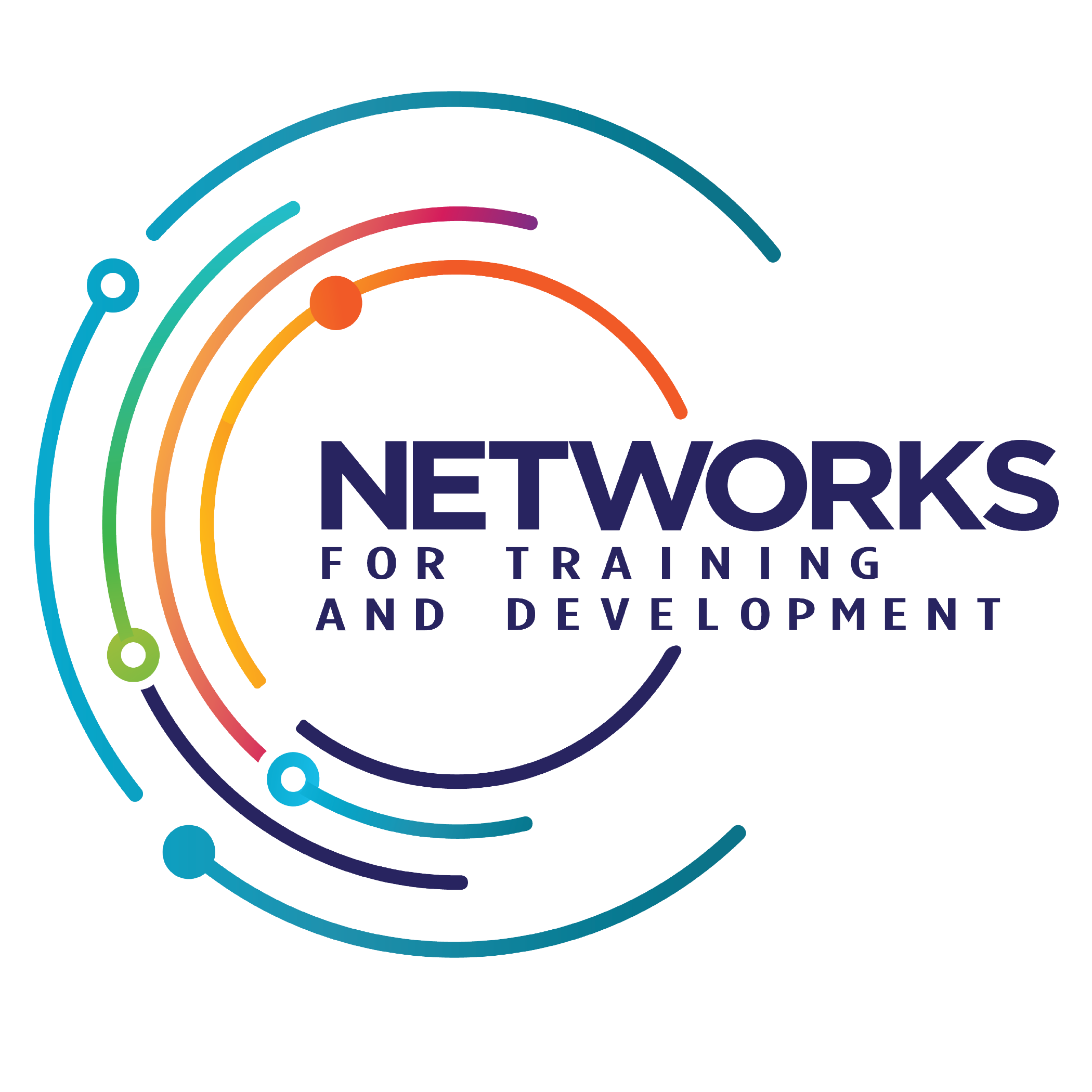Let’s just state the obvious right now. Being fully present can be hard. Truly listening to a person can be even harder. These are not easy. They require work, study, practice, and diligence. This is hard. There.
Now… how can we do it?
I’m writing this from my own point of view and experiences. They may not be the same as yours as you’re reading this. But, hopefully, you’ll be able to find pieces of commonality and veins of “Yep, same!” in what I’m going to share.
Many, many years ago, when I first began my career and deep diving in learning how to really support a person well and leave my “stuff” out of the fold, I received some advice that still sticks with me today. My then supervisor, mentor, and friend, Patty told me the following: “Imagine that you have two suitcases as you’re walking up to the front door. One is your ‘work’ case and the other is your ‘personal’ case. Drop your ‘personal’ case outside the front door. Tuck it away to the side so no one trips on it. Bring your ‘work’ case inside with you.”
The visual she gave me stuck.
The first thing I needed to learn to do was to leave my grocery list, oil change for the car, “what was I cooking for supper that night” when I got home, “I can’t believe my Uncle said that to me yesterday… what a jackwagon” … out of the fray. It will serve no immediate purpose in my time that I must be fully present in supporting and being with a person. In short, turn off “the monkey mind.”
Sounds easy, right? That’s going to be a big old nope.
This doesn’t mean that I stopped being me. This doesn’t mean that my to-do lists were any more or less important than another person. My monkey mind is powerful. It helps me relate to others. We all have it.
But it needs to be shut down or at the very least quieted.
Patty’s advice was a great start, but it only took me so far. Now that I’ve left my “stuff” at the door, the next was working on really being present but also really listening.
If you haven’t guessed by now, I started my career in the Human Services profession as a support person. What many call today as a “Direct Support Professional” or DSP. I was young, naïve, full of piss and vinegar, and didn’t know my ass from my elbow. I didn’t know what I didn’t know. Steve, Al, and Mike were my teachers. They all expressed themselves differently. Sometimes through speech. Sometimes through sounds. Sometimes through gestures. Sometimes with just a “look” and I had to learn a whole new language.
On top of that, I had to learn how to quiet my brain… my difficult, persnickety monkey mind.
It took time. I didn’t get it right. I didn’t get it right most of the time. I considered it a win for the day if I didn’t inadvertently irritate the dog fur off of one of them. But, in time, it got easier. I started to be able to tune in.
I started to be able to shut off my running to-do lists and be present with Steve when he was trying to find the right words to tell me where he wanted to go that day. I started to be able to be present with Al as he was making eye contact and then looking at which shirt he want me to get out of his closet to help him put on to wear that day. I started to be able to be present with Mike and really hear him when he was telling me that in no uncertain terms that he was not going to to come inside from the swing in the backyard just yet.
These were their lives. This was their home. This was their incredibly expressive communication. I was just a visitor who had the blessings of having some of the best teachers to help me center and learn to listen and be present.
